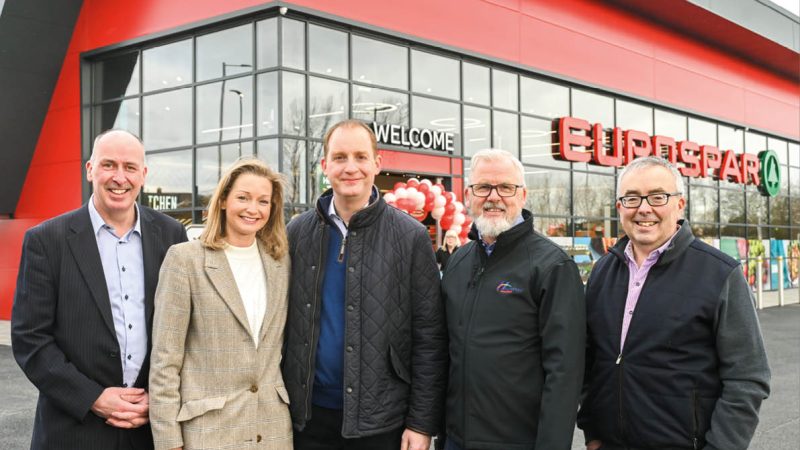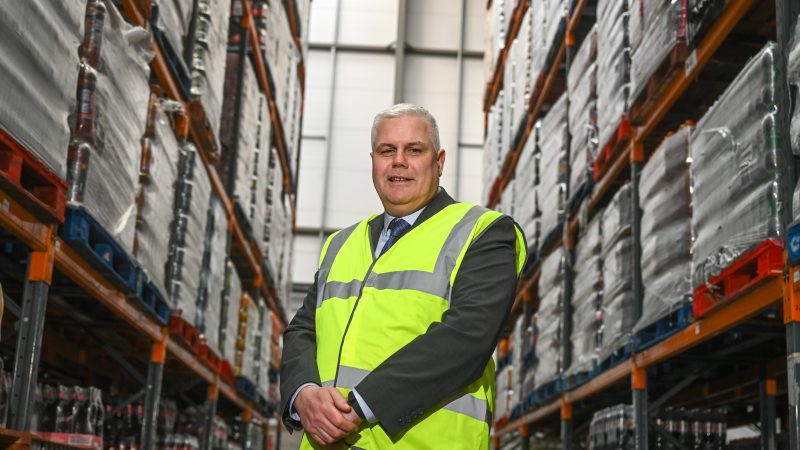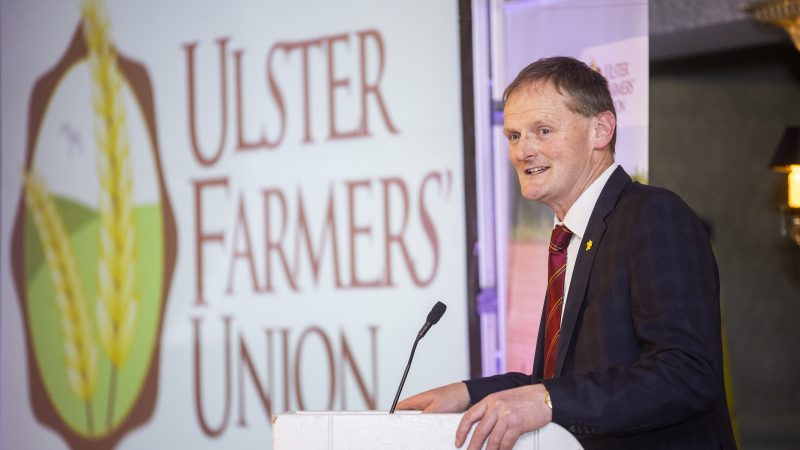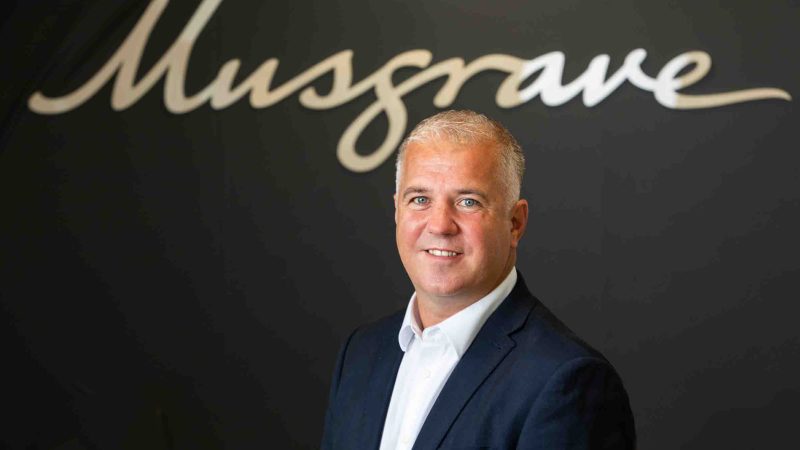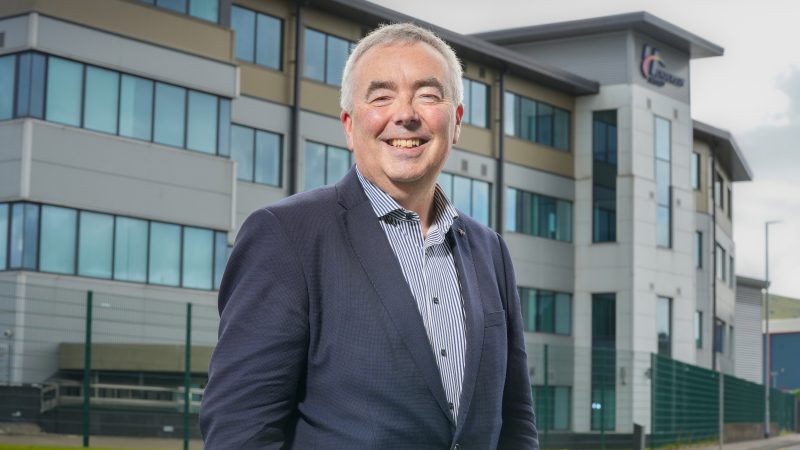Campaigning for the future of forecourts
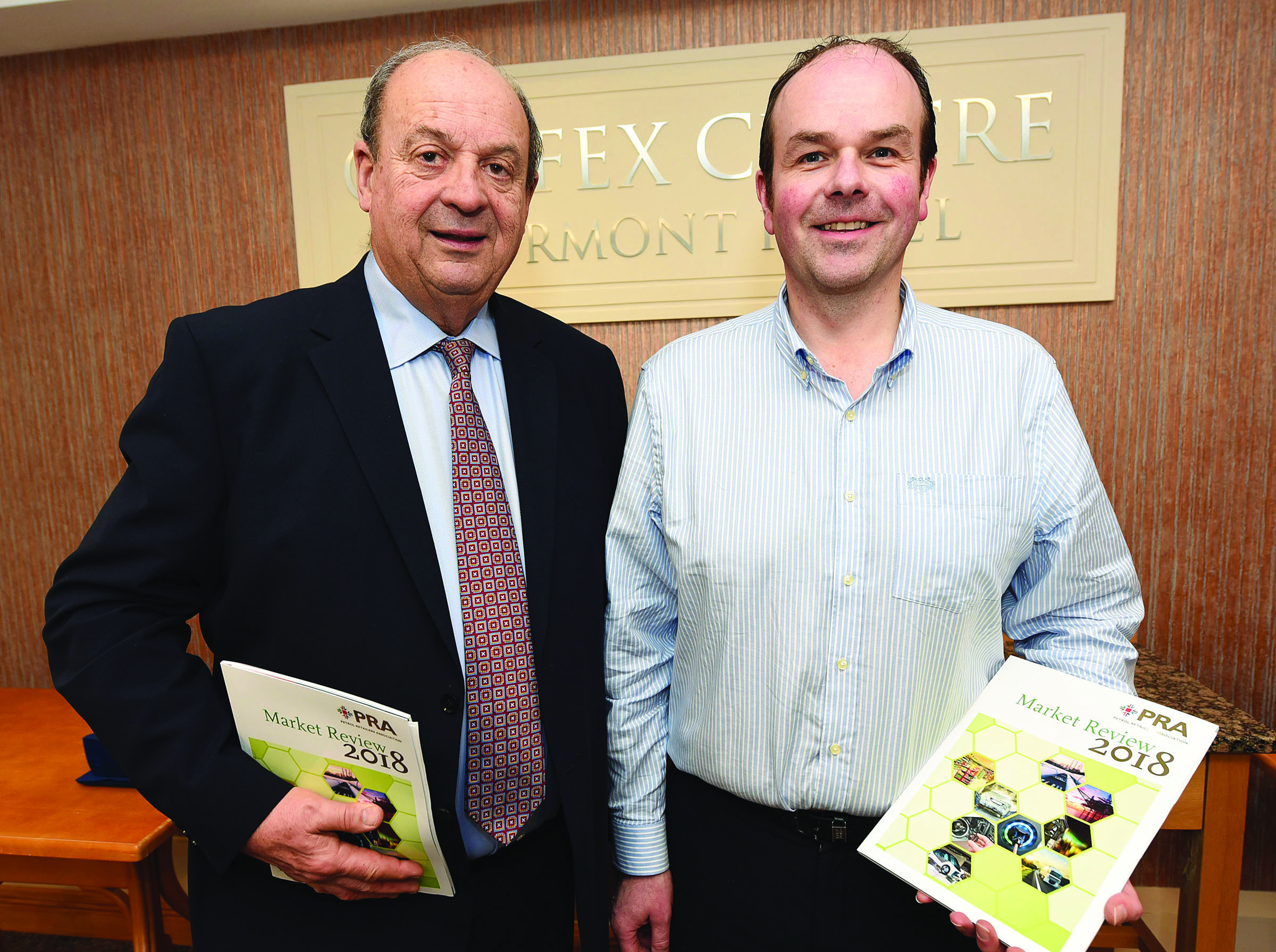
2018 has presented many unique challenges for the Petrol Retailers Association’s members but there’s still work to be done, chairman Brian Madderson tells Neighbourhood Retailer
It has been a busy year for the Petrol Retailers Association (PRA) which has continued to make the collective voice of its members heard by the government, relevant authoritative bodies, and the law in 2018.
As an organisation that represents retailers from all corners of the UK, the PRA, chaired by Brian Madderson, works diligently year round to lobby on behalf of its members, in addition to offering advice, information, and nationwide events.
Neighbourhood Retailer is surprised to learn that the issues affecting forecourt owners in Northern Ireland have more similarities to those in England, Scotland, and Wales than one might think.
A concern, that has become increasingly more prevalent for retailers both in Northern Ireland and across the water, is the issue of forecourt drive-offs. At a Belfast PRA meeting in March, members heard from the PSNI that the police service were in the process of rolling out a scheme whereby they will no longer be attending forecourt drive-offs. Chairman of the PRA, Brian Madderson believes this has caused some bad feeling among retailers who regularly volunteer CCTV footage to assist the police with their investigations.
“The reduction in police budget right across the UK has meant that the police forces have been reviewing their priorities and they have erroneously taken the view that they shouldn’t spend their time following up forecourt crime and “no means to pay,” he told Neighbourhood Retailer recently. “However, often the people who are driving off without paying have criminal intent in other areas, so taking measures to prevent them from leaving the forecourt without paying for fuel would at least cut down crime statistics.”
Brian reports that the police force are unwilling to continue investigating forecourt drive-offs because they believe retailers have the means to prevent these incidents occurring by installing pre-pay facilities at the pump. However, this would require significant and costly software and probably new hardware to be installed; all at the personal expense of the retailer. Estimates for a four-pump island forecourt vary from £25K to £80K
“With government and regional assemblies going all out to encourage people away from petrol and diesel cars to hybrid and ultimately electric vehicles, there is concern among our members whether investment in the forecourt, other than for absolutely essential purposes, is really going to get a return on their money,” says Brian.
The PRA also feels its members aren’t receiving the government support they require in order to install electric charging points on their forecourts. Recently, grants have been allocated to local authorities, sports centres, and employers with large car parks, but not service stations. Brian is of the view that if the government was really committed to bringing in a nationwide electric charging network more quickly, then incentivising retailers would be one way to achieve that end goal.
“In some areas, electric charging points are part of planning permission requirements. All the government is interested in is forcing petrol retailers to have such services available, which isn’t fair without an incentive – at the moment it feels like it is all stick and no carrot.”
Lobbying on behalf of PRA members
In 2018 the PRA incorporated the Car Wash Association (CWA) into its network and successfully assisted the launch of the Responsible Car Wash Scheme in England developed by the Downstream Fuel Association alongside the Gangmasters and Labour Abuse Authority, police, the Health and Safety Executive, HMRC, the Environmental Agency and the CWA.
The scheme, which aims to encourage operators of hand car washes to voluntarily confirm they are abiding by fiscal and other relevant regulations will be rolled out in Northern Ireland next year. The hope is that the licensing of compliant car washes will lead to the resources of public bodies being freed up to tackle the real problem of rogue hand car washes. In 2019, the PRA will be continuing their commitment to eradicating illegal car washes by campaigning for the recommendations put forward by the Environmental Audit Committee in its recent report be adhered to.
As we move into the next year, the PRA will continue to put pressure on the Department for Transport to suspend plans to introduce a higher ethanol blend into petrol. Petrol in Northern Ireland has up to five percent ethanol content but the government is keen to increase the ethanol content in petrol which the PRA believes will have costly implications for motorists as the mileage performance is reduced by two to four percent.
“If the government ups the levels of ethanol in petrol to 10 percent, some older vehicle models (RAC estimate between 800,000 and one million) will not be compatible with this new higher grade and will therefore have to buy the premium a legacy grade which generally retails for 10p more per litre.
“In France E10 grades are the same price in relative performance terms because the government has reduced the corresponding fuel duty. The Treasury aren’t willing to do this, so we said to the government you can’t possibly bring in this new fuel and disadvantage the motorist without having some compensation schemes agreed. They listened to us and at the moment that is on the back burner.”
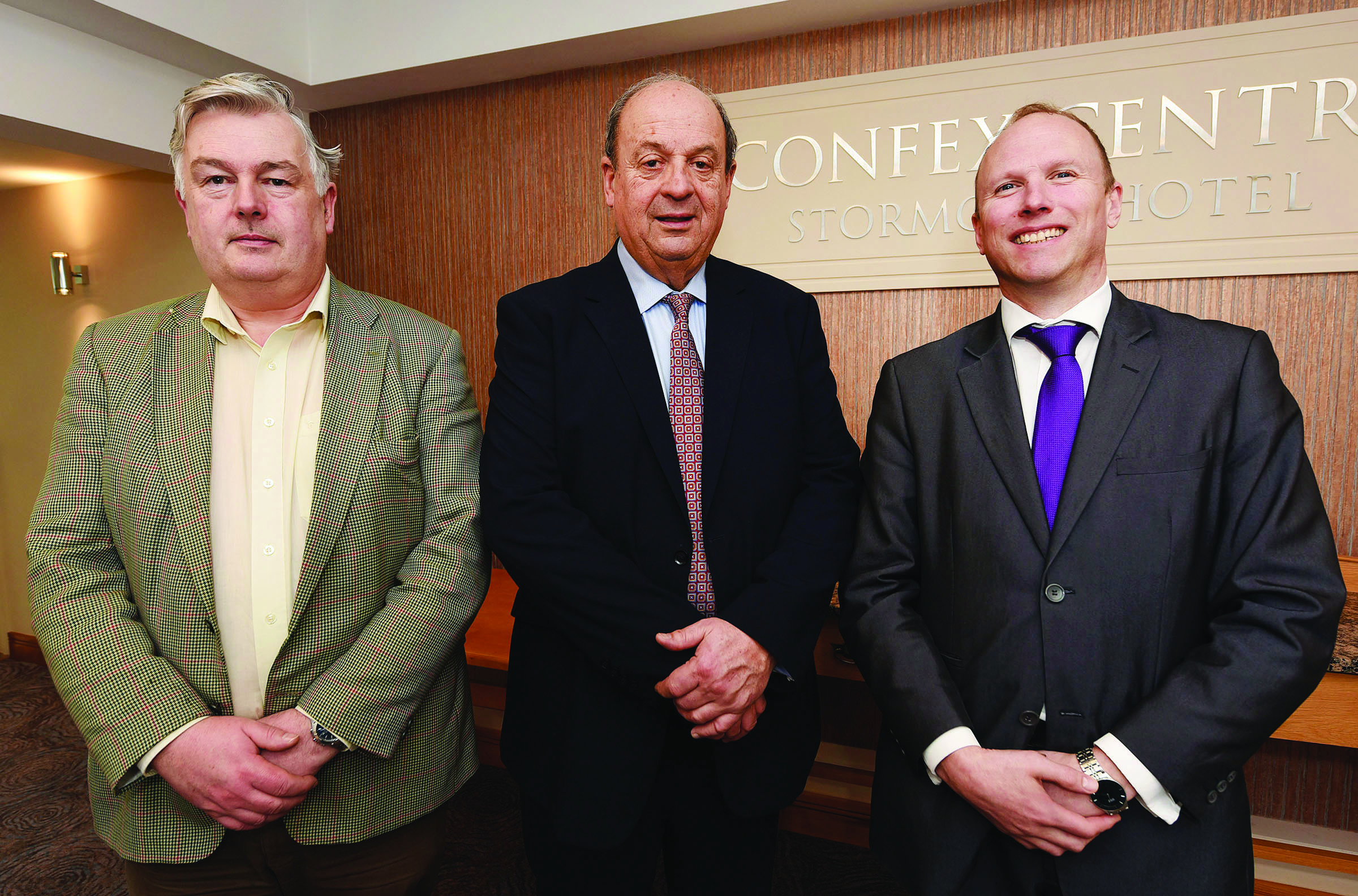
Also in 2019, the PRA is set to challenge the government on the rates applied to cash machines and ATMs. A cash machine can be an integral part of a forecourt’s facilities especially for filling stations located in rural or low economical areas where access to cash is limited or customers have a greater requirement for cash to manage their budgets more affectively. In addition, cash machines can often provide a solution to ‘no means to pay’ incidents where customers can be granted emergency cash from their bank if their card has been lost. Northern Ireland is currently about to go through a rates evaluation ahead of the rest of the UK.
“We have had meetings with the Land & Property Services and the Department of Finance to talk about properly valuing the smaller independent forecourts in Northern Ireland,” Brian adds. “We hope to come to an understanding with them so that ATMs and cash machines are not being rated for business rates as they have recently.
“We have had real success in England with the Chancellor of the Exchequer announcing that businesses with retail properties less than £51,000 rateable value per year will receive a third discount on rates for the years 2019-2020 and 2020-2021. This is going to save our retailers a considerable amount of money and will be most welcome. In 2019 we will continue to lobby Land & Property Services for our members in Northern Ireland to ensure we receive the best possible outcome for all petrol retailers across the UK.”



